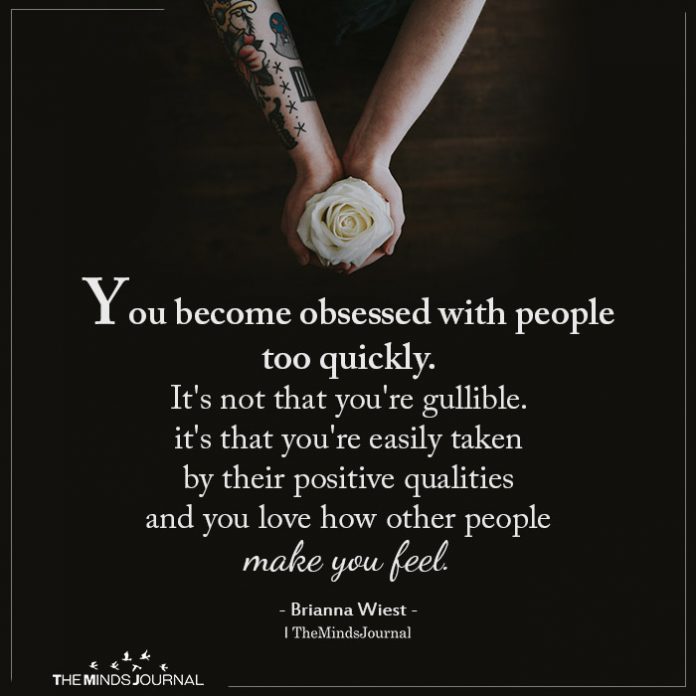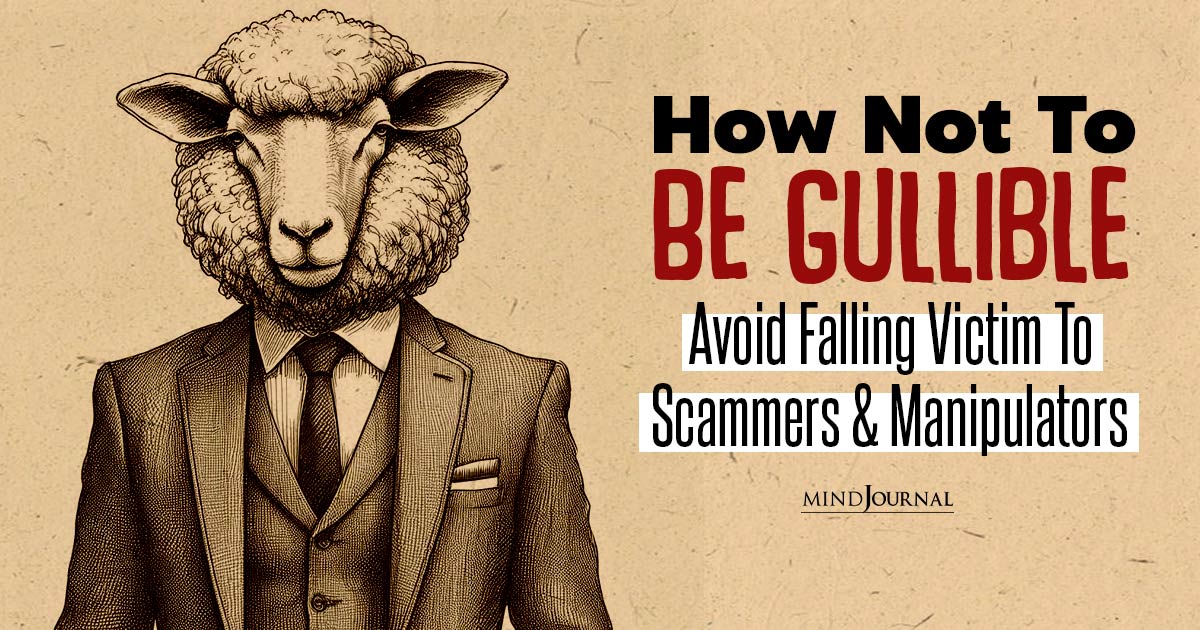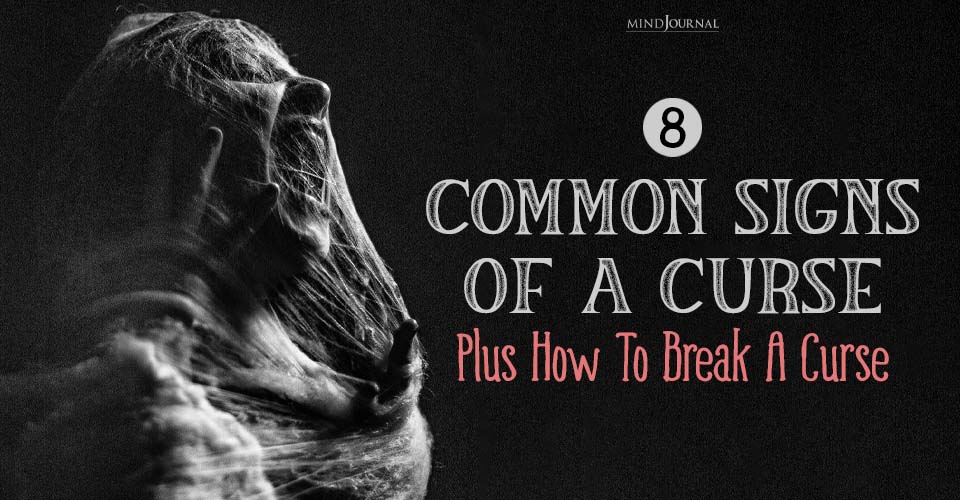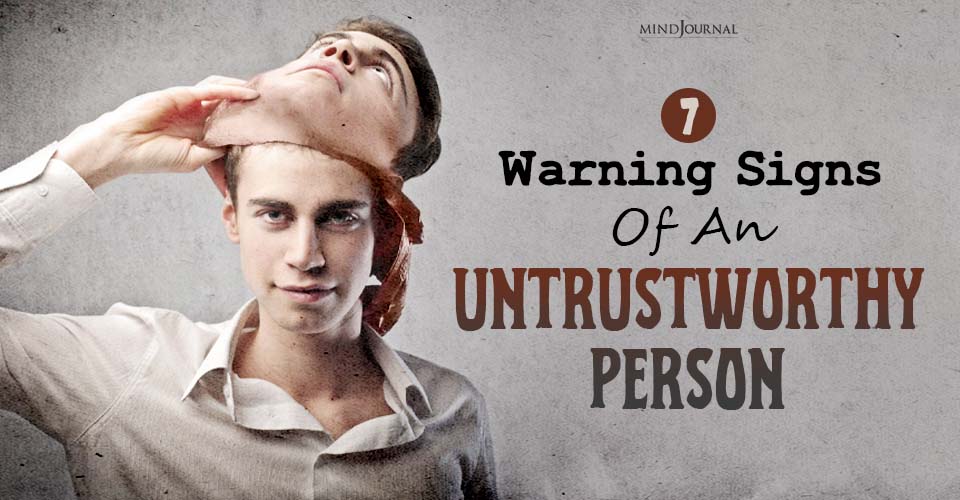Have you ever fallen for a scam? Believed false information, or naively trusted someone without doubting their intentions? Have you ever naively trusted someone without doubting their intentions? If yes, then it might be a good idea to learn how to not be gullible.
In this day and age where information is all over the place and deceit is lurking at every corner, it is important that we develop a healthy dose of skepticism and critical thinking skills.
Let us explore practical strategies and shifts in mindset that can help you become less gullible and confidently navigate the complexities of the modern world.
Understanding the Nature of Gullibility
Before we can learn how to not be gullible, let us first understand what being gullible actually means and who is a gullible person.
Gullibility is the act of easily believing in things with little or no evidence. It is usually caused by several factors such as lack of critical thinking skills, emotional susceptibility, and need for quick solutions or simple answers.
Being gullible means accepting other people’s words and actions without enough proof or use of critical thinking. A gullible person tends to be naïve, trusting, and manipulable.

In the movie “Forrest Gump,” the protagonist, Forrest, exemplifies gullibility through his naivety and trusting nature. He takes things at face value without being suspicious, hence he gets involved with many characters blindly.
His simplicity and gullibility is rooted in his uncomplicated and authentic outlook on life, leaving him vulnerable to the ill intentions of others around him. This aspect becomes a major feature of Forrest’s personality illustrating the repercussions that arise from unquestioned trust within an intricate society.
Related: 7 Signs Someone Is Manipulating You (And You Don’t Even Realize It)
How not to be gullible
Now that we have some idea about what being gullible means and who is a gullible person, let us find out how to not be gullible and develop critical thinking skills. Here’s how to overcome these tendencies and think more intelligently –
1. Cultivate Critical Thinking Skills
Cultivating critical thinking skills forms the basis for preventing gullibility. It requires actively and objectively analyzing information, questioning assumptions, and evaluating evidence.
The following practical steps can be of help:
A. Verify the Source
Whenever you come across any new information like news articles, social media posts or personal anecdotes, always take a moment to assess the source’s credibility.
Look at the reputation that author or organization has, their expertise and possible biases. Reliable sources are more likely to provide accurate and trustworthy information.
B. Question Everything
We should not take everything we hear at face value. Question every statement made by others, demanding for evidence that supports them.
Consider other points of view that may be a misrepresentation or deceitful in nature. Skepticism is about being curious and discerning rather than being cynical.
C. Fact-Check
In this era of information overload, it is crucial to fact-check everything one reads or hears from others. Go through reputable fact-checking websites or check reliable sources before making decisions based on the claims of an unknown person or article.
This will also call for verification of facts which may be supported by other sources, hence, pointing out any sensationalized or unverified data.
2. Recognize Cognitive Biases
Our brains have cognitive biases which tend to lead us astray, thereby making us more open to manipulation. We can therefore learn how to recognize them and reduce their impact by understanding these biases.
Here are some common biases to look out for when learning how to not be gullible:
A. Confirmation Bias
This refers to our tendency as humans to search for information that confirms what we already think while ignoring any contradictory ideas presented in front of us.
In order to prevent confirmation bias one should make effort in seeking diverse opinions and challenging some of his/her own assumptions too.
B. Availability Heuristic
Availability heuristic is where we make judgments based on examples that are obviously in our heads or are easily remembered. This can lead to wrong decisions.
Therefore, be aware and take time to gather and analyze all the necessary information before you jump into conclusions.
3. Strengthen Emotional Resilience
Being emotionally vulnerable makes us susceptible to manipulation and gullibility. Thus, when our emotional resilience is high, we can think about our emotions more logically and be able to make more informed choices.
Consider the following approaches:
A. Take a Pause and Think
When you hear persuasive arguments or emotional appeals, take a moment and think about it. For instance, when I become too emotional, it becomes difficult for me to make sound decisions.
Emotions can easily cloud your judgment and giving yourself space for critical thinking can help you make smart and logical decisions. This is how you can stop being gullible.
B. Learn How to Say No
A gullible person is not assertive enough or cannot set boundaries between themselves and others. This is why you must learn how to trust your gut instincts and practice assertiveness.
Do not hesitate if you need to leave something that seems doubtful or raises red flags. This is a crucial step when figuring out how to not be gullible.
Related: Are Narcissists Smarter Than Other People?
4. Continuous Learning
The world is still changing as new manipulative techniques are being employed constantly. This is why you need to focus on continuous and lifelong learning to stay one step ahead of manipulators.
Individual commitment towards lifelong learning keeps you updated with changes in the environment affecting you directly or indirectly.
Here are ways of developing a learning mindset:
A. Stay Curious
A curious mind coupled with intellectual humility is instrumental in improving one’s thinking capability. The world is so complicated that the more knowledge one acquires through exploration the better they are for it.
B. Educate Yourself On Manipulation Techniques
Scammers, manipulators and propagandists use various tactics which you should be aware of. Therefore, understanding how these methods work will help you identify them ahead of time instead of falling victim.
5. Seek Support from Trusted Loved Ones
There are times when life can be overwhelming especially if one has no idea on what he/she should do next. Trusted loved ones who have critical thinking abilities around us can greatly help in this situation.
Consider the following:
A. Establish A Support Network
Building relationships with people who challenge your assumptions and promote healthy skepticism is an essential aspect of personal growth. Having discussions and debates that result in intellectual growth can help you broaden your perspective.
B. Seek Advice from Experts
When faced with complex or unfamiliar challenges or issues, make sure to consult a professional instead of hesitating. Whenever you face such difficulties, expert advice will help you make rational choices and avoid harmful information.
6. Develop Healthy Skepticism
Healthy skepticism allows you to question available information, seek evidence and consider different points of views.
As we navigate through our complex and diverse world filled with infinite information, healthy skepticism can empower you to avoid potential misinformation and make informed decisions. Here’s how to not be gullible:
A. Consider Their Motives
When you encounter persuasive messages or claims, think about why the individuals or organizations behind them said what they did. For example, are they offering a sales pitch? Do they have an ulterior motive?
The point here is that by questioning someone’s purpose and motivation, it becomes easier to tell whether their information can be trusted or not.
B. Beware of Emotional Manipulation
Emotional tactics are often used by manipulators so as to exploit weaknesses and shape opinions. Stay away from all appeals that play on fear, guilt or pity.
Step back from the situation and look at it objectively, considering facts rather than emotions alone.
C. Evaluate Personal Bias
Recognize your biases because we all have them that sometimes cloud our judgment. Reflect on your biases and let them be challenged by others.
When you understand your own prejudices you can try to develop a more fair point of view.
Related: 10 Tips That Will Help You Avoid Emotional Manipulation
D. Consider the Plausibility
Before accepting any claim, evaluate its plausibility. Does it conform with what you already know or believe about the world?
So when faced with an extraordinary claim, always apply a good measure of skepticism because such an idea might seem far-fetched, if not supported by enough evidence.
E. Look for Consistency
Consistency is a key element of credibility. It is necessary to consider whether the information or claims you come across are consistent with established facts and principles.
Inconsistencies indicate that there is a need for more research.
7. Improve Information Literacy
In order to be more information literate, you need to think critically, verify your sources, and keep up with different perspectives. This helps you in navigating diverse information, distinguishing reliable and unreliable facts and making informed choices. Consider the following to know how to not be gullible:
A. Learn to Assess Online Content
In the digital era, it is important to distinguish credible information from misinformation.
Check for reliable sources, make complex evaluations on URLs and cross check details among various sources to develop your ability of evaluating online content.
B. Comprehend Logical Fallacies
Logical fallacies are common errors in reasoning that can mislead and deceive. Familiarize yourself with common fallacies as ad hominem attacks, strawman arguments, and appeals to authority.
If you recognize these mistakes, you will not be influenced by wrong reasoning.
C. Distinguish between Opinion and Fact
Learn to separate opinions from facts. Facts are always backed by evidence and they are objective. Opinions are reliant on personal beliefs and are subjective. Avoid confusing an opinion as a fact by focusing on evidence-based information and staying clear of personal opinions.
D. Develop Research Skills
Getting correct information is only possible through proper research. Use trustworthy databases, academic journals and credible sources to know how to do a thorough research. This will enable you to get reliable information.
E. Understand Statistical Literacy
Usually, statistics are used to support claims and arguments. Understand statistical literacy a little so that you can be able to critically evaluate data and interpret statistical information.
In so doing, misleading or exaggerated claims based on faulty statistical analysis will be detected by you.
8. Nurture a Critical Mindset
Improve your critical thinking by considering various viewpoints, analyzing evidence, and questioning assumptions.
This will empower you to enhance decision-making and problem-solving skills so that you can better navigate complex situations with discernment.
Here are some practical steps you can consider on how to not be gullible:
A. Embrace Skeptical Inquiry
When given new information, always approach it with skeptical inquiry in your mind. Do not accept things just as they are but look at them critically, raise questions about them, seek evidence and demand logical explanations.
Embrace the idea of “trust but verify.”
B. Focus More On Problem Solving Skills
You can develop your problem-solving skills by engaging in puzzles, brain teasers and analytical thinking exercises.
Through this you would be able to recognize patterns, think critically and make sound judgments. This is a highly effective step when trying to avoid being gullible.
C. Cultivate Intellectual Humility
One thing that makes someone intellectually humble is when they can accept their knowledge limits and be open to learning from others. Don’t always think that you know it all. Instead understand that sometimes you can be wrong or mistaken about something.
This kind of mindset promotes healthy skepticism and a willingness to consider other perspectives.
D. Encourage Intellectual Curiosity
Critical thinking is fueled by curiosity. You can feed your curiosity by delving into different subjects and reading widely and by participating in intellectual discussions.
The more curious you become, the more challenging assumptions you will seek out.
Related: Are You Being Protected or Manipulated? 15 Signs to Help You Tell the Difference
E. Remember Past Mistakes
Take the time to reflect on instances where you may have been gullible in the past. Identify what made you gullible at that time and learn from such experiences.
By being aware of your own vulnerabilities, you can better overcome your drawbacks and avoid mistakes in the future.
Takeaway
Learning how to not be gullible and avoiding being a gullible person requires a conscious effort. By incorporating the above-mentioned strategies into your everyday life, you will be able to sail through the infinite sea of information without being swayed by false claims, scams or manipulations.
Always remember that skepticism doesn’t entail close-mindedness but an openness to questioning, searching for evidence and making good choices.
So let your inner skeptic loose and take the path of intellectual growth and discernment.
Frequently Asked Questions (FAQs):
What are the characteristics of a gullible person?
Lack of skepticism, trust and a desire to see the good in people can make one feel gullible and naive.
What causes a person to be gullible?
Trusting nature, limited life experience and a desire for acceptance could make one more gullible.
Why am I so gullible and naive?
The gullible often have the tendency to trust easily, do not doubt and may lack critical thinking; hence, they are more prone to manipulation.










Leave a Reply